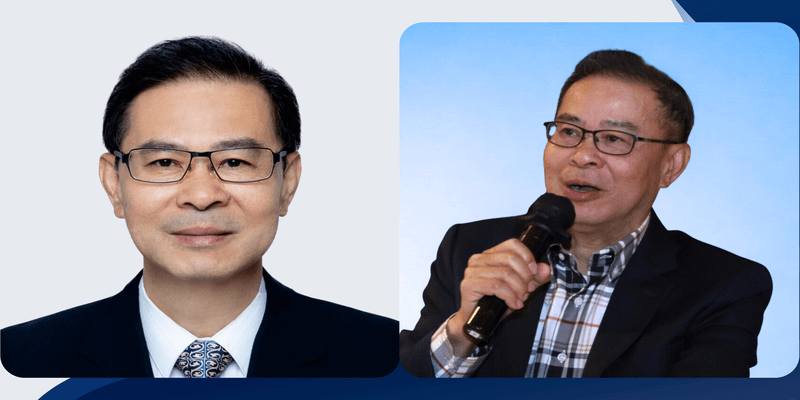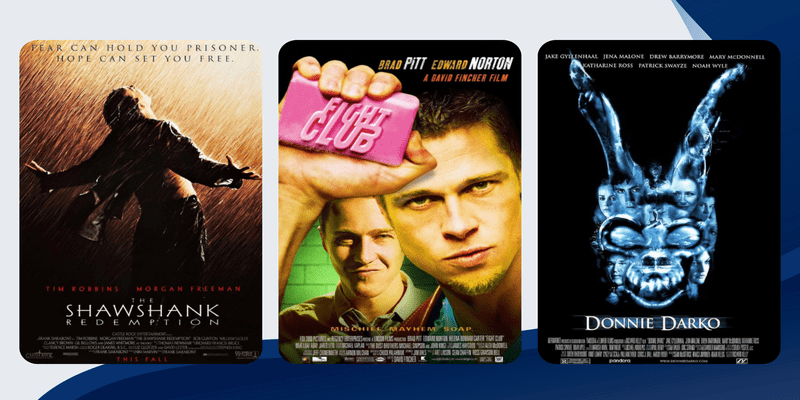The art of being present

Take a moment to pause and think about what goes through your mind throughout the day. Whether you are at work, at home with family, or even when you are on a holiday; have you observed yourself thinking about your life, the never-ending thoughts of the past and the future that cloud your mind? If yes, then you are not living in the moment, my friend! Do you want you to discover the art of being present? Let’s find out.
In a world that incessantly pushes one to dwell on what has passed and prepare for what’s ahead, the importance of living in the present moment is frequently neglected. Whether it’s career growth, financial security, or personal goals; one is often caught in a vicious cycle of ruminating on past experiences, including regrets and missed opportunities, and constant planning for the future. This relentless focus on what has already happened and what lies ahead can prevent one from appreciating the true gift of time, the present moment.
Embracing the ‘now’ can lead to a more fulfilling and balanced life. By practising the art of being present, you allow yourself to fully experience and appreciate the richness of your immediate experiences. This shift in perspective enables you to discover joy and meaning in the simplest aspects of your daily lives — be it the warmth of the morning sun, the company of your loved ones, or relishing your favourite food.
Living in the moment encompasses fully engaging with the current situation. It involves being consciously aware of your thoughts, feelings, and surroundings without casting any judgments. This state of awareness enables you to experience life more profoundly and authentically. By focusing on the here and now, you free yourself from the distractions of what has occurred in the past or what might happen in the future.
Living in the present
By embracing the art of being present, you can access a wide array of benefits that enhance one’s mental, emotional, physical, and relational well-being. Let’s explore the various benefits of living in the present in detail:
Improved mental health
One of the significant benefits of being fully aware is reduced stress and anxiety. Through mindfulness, you can reduce the impact of negative thoughts and feelings related to past events or future uncertainties. This can lead to a more positive and stable mental state. Studies have demonstrated that mindfulness practices, such as meditation, can reduce cortisol levels, the body’s primary stress hormone. Mindfulness practices enhance one’s cognitive function as well.
Improved emotional health
Being in the moment increases self-awareness, allowing you to gain a deeper understanding of your thoughts, emotions, and behaviours. Self-awareness helps you identify and address negative patterns, fostering personal growth and self-improvement. This emotional regulation reduces the likelihood of impulsive reactions and helps you handle difficult emotions, such as anger or sadness, with greater clarity and calmness.
Enhanced relationships
Being present with others allows for deeper and more meaningful connections. When you are fully present in conversations, you can understand and respond to the needs and feelings of others more effectively. This presence builds trust, intimacy, and mutual understanding, enhancing the quality of your relationships. It also helps you approach conflicts with a calm and composed mind.
Increased productivity
Living in the present can enhance your focus and productivity. By concentrating on the task at hand, you can be more efficient. This focused mindset helps reduce procrastination and improves your ability to achieve your goals. When you are mindful, you are less likely to be distracted by irrelevant thoughts or external interruptions, allowing you to devote your full attention to your tasks.
Greater appreciation for life
Mindfulness encourages you to notice and appreciate the minute details of your daily life. This awareness can foster a greater sense of gratitude and contentment as you learn to find joy in simple pleasures and everyday moments. By savouring the present, you can cultivate a more positive outlook on life and a deeper connection to the world around you.
Practical ways to cultivate mindfulness
Mastering the art of living in the present requires practice and intentional effort. Here are some practical strategies to help you cultivate mindfulness in your daily life:
Practice meditation
Meditation is an effective and powerful tool for cultivating mindfulness. By dedicating time each day to meditate, you can train your mind to remain focused on the present moment. You can start with just a few minutes a day and gradually increase the duration as you become more comfortable with the practice. Creating a routine is the key to an efficient meditation practice. This could be the first thing in the morning to start your day with calm and clarity or in the evening to unwind and reflect. There are different guided meditations and mindfulness apps available that can be helpful to beginners.
Engage in mindful activities
Integrating mindfulness into your daily routine can help you stay grounded and fully engaged in the present moment. While eating, take the time to relish each bite. Pay close attention to the flavours, textures, and aromas of your food. Use all your senses to appreciate your meal. While walking, focus on the sensation of your feet touching the ground. Be aware of the rhythm of your breath as you walk. Incorporate mindful breathing into various activities throughout the day. Whether you’re sitting at your desk, waiting in line, or lying in bed, take a few minutes to focus on your breathing. Take time to observe the environment with fresh eyes. Whether you’re in nature or at home, look for details you might usually overlook. By incorporating mindfulness into these daily activities, you can transform routine moments into opportunities for presence and appreciation.
Limit multitasking
Multitasking can fragment your attention and make it difficult to stay present. Instead, try to focus on one task at a time. This method not only boosts productivity but also allows you to engage more fully with each activity. Set specific times for different tasks and use tools like to-do lists or timers to manage your focus.
Practice gratitude
Keeping a gratitude journal can help shift your focus to the positive aspects of your life. Each day, jot down a few things you are grateful for. This practice encourages you to recognise and appreciate the present moment, fostering a sense of contentment and joy. Reflecting on the things you are thankful for can help you maintain a positive mindset and reduce feelings of dissatisfaction or negativity.
Set aside ‘worry time’.
If you find yourself constantly worrying about the future, designate a specific time each day to address your concerns. During this designated time, write down your worries and potential solutions. By confining your worries to this allocated period, you can free up the rest of your day to focus on the present. This technique can help you manage anxiety by creating a structured approach to deal with your concerns, rather than allowing them to dominate your thoughts throughout the day.
While it may take time and practice the art of being present, the rewards are well worth the effort. While you’re in this world, appreciate its beauty, live each moment fully, and appreciate the true gift of life, the present moment, in its full glory.As you begin to do so, you will realise each moment is special in its own way.
Article by: Dr. Manjula Vijh






